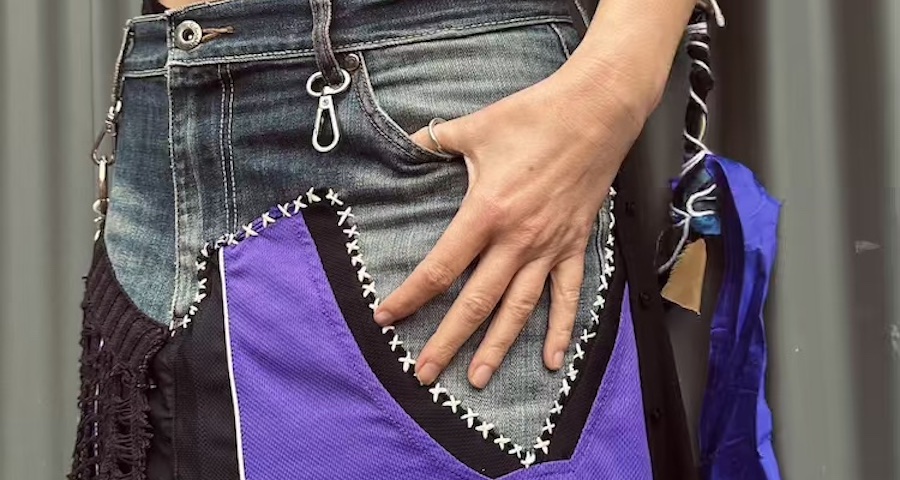Fashion
What is fast fashion? How the retail business model could be negatively impacting consumers

Consumerism & fast fashion: What to know before shopping
Fast fashion is when companies make low-quality clothes as fast as possible and sells them cheap to cash in on fashion trends. But it takes a toll.
As advertisements for the latest trending items seem to infiltrate daily lives more and more, it’s important to step back and see the bigger picture of what the state of consumerism today could mean for the future.
In the world of modern technology, everyone, everywhere, is constantly being advertised to, whether we’re aware of it or not.
The incessant advertising, and the rise of social media influencers, has ultimately led to fast fashion’s domination over the world of consumers.
What is fast fashion?
‘Fast fashion’ is a retail business model that involves copying style trends, mass producing items and making those items available for purchase while demand is high.
Fast fashion is also characterized by the use of low-quality materials, continuous release of new collections and offering affordable prices that appeal to consumers.
Why is fast fashion an issue?
Due to the rate at which items are being produced, the amount being produced, and the rate of consumption, fast fashion is taking a negative toll on garment employees and the environment.
Regarding fast fashion’s environmental impact, the production of polyester for just textiles emits more than 700 metric tons, or tonnes, of carbon dioxide. In addition to this, according to the Ethical Consumer, the washing of these synthetic materials releases micro-plastics into the ocean.
As for garment workers, employees of fast fashion garment factories often work long hours in hazardous conditions. These hazardous conditions include spaces without windows, dangerously high temperatures, aggressive managers and exposure to harmful chemicals, says the Ethical Consumer.
What brands are considered fast fashion?
Brands like H&M, Shein, Forever 21, Zara, Revolve, Fashion Nova, ASOS, Cider and more, are all considered to be fast fashion. These clothing retailers consistently release new styles and collections, mass produce lower-quality items and then sell the items for low-prices.
In order to combat the negative impacts of fast fashion, consumers are encouraged to participate in ‘slow fashion,’ which involves purchasing fewer, higher-quality clothing items, and donating old clothes instead of discarding the items.
How does this impact Louisiana?
Fast fashion is also negatively impacting small or independent businesses throughout the world, as lower prices steer consumers away from better-quality, non-mass-produced items found in non-fast-fashion brands. Unfortunately, Louisiana businesses are not immune to fast fashion’s reaches.
While some businesses continue to operate just fine alongside fast fashion, there are often businesses that close due to the inability to keep up with the competition brought forth by fast fashion.
Also, fast fashion brands have been known to steal designs from smaller businesses and independent artists. Oftentimes, these designs are stolen from the creator, mass produced onto clothing items, and then sold at a low cost. Even worse, these brands often fail to take accountability for stealing artwork, and the original creator sometimes never sees credit or compensation for their work.









